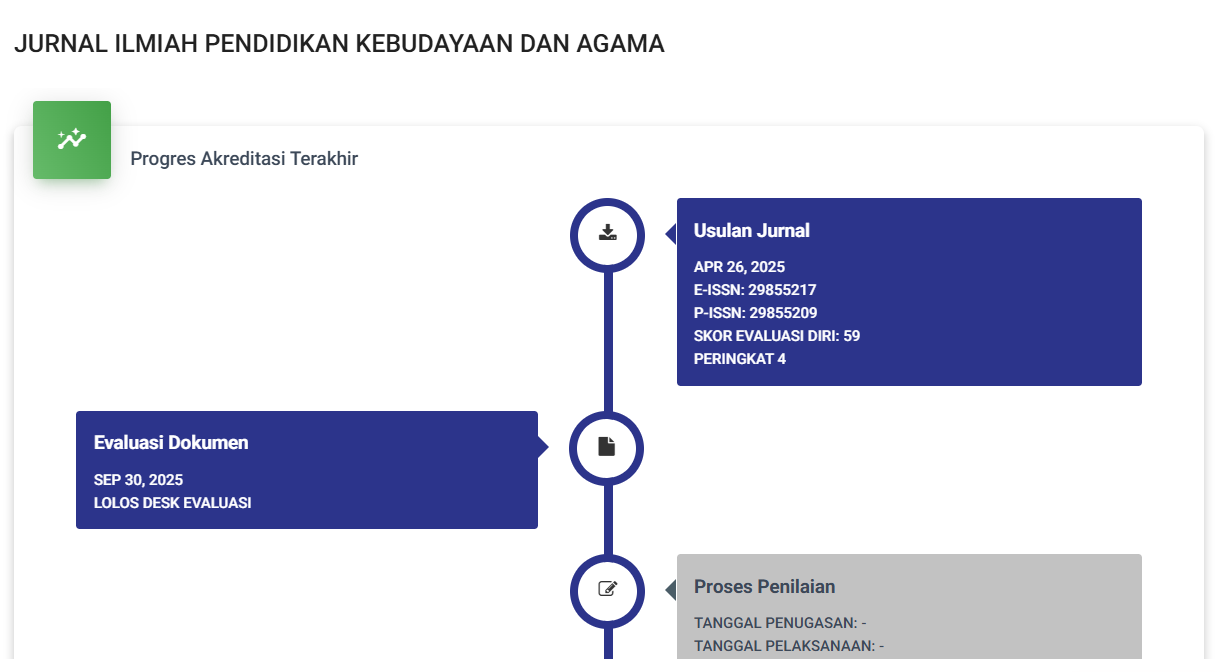Komparasi iwadh khulu perspektif Madzhab Syafi'i dan KHI
DOI:
https://doi.org/10.59024/jipa.v1i4.308Keywords:
''iwadh (compensation), Khulu'', Imam Syafi'i, KHIAbstract
The aim of this research is to make a comparison of compensation law (‘iwadh) in khulû’ (talak law) from the perspective of the Syafi'i School and the Islamic Law Commission (KHI). Khulû' is a form of divorce in which the wife can ask for a divorce by giving compensation to the husband. In the Syafi'i Madzhab, the rules regarding 'iwadh and khulû' are taken from the interpretation of the Al-Quran and Hadith, while KHI is a collection of laws that apply in certain countries. This study uses a comparative analysis method between the two sources of law. The results of the study show that there are different approaches to regulating compensation law in khulû'. The Syafi'i school tends to emphasize the benefit of the parties involved in the divorce, so that compensation limits can be more flexible. On the other hand, KHI may have more specific and structured provisions regarding compensation in khulû', which are adapted to the social and cultural context of the country. This research is expected to provide a deeper understanding of the different perspectives of Islamic law regarding khulû' and compensation law, as well as their implications for legal practice in modern society.
Downloads
Published
Issue
Section
License
Copyright (c) 2023 Isma Zahrotun Nisa, Masrokhin

This work is licensed under a Creative Commons Attribution-ShareAlike 4.0 International License.










